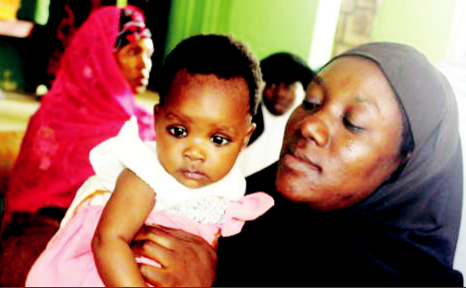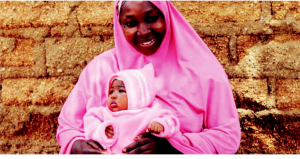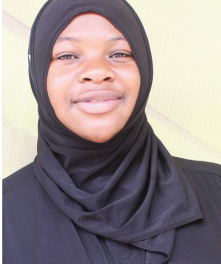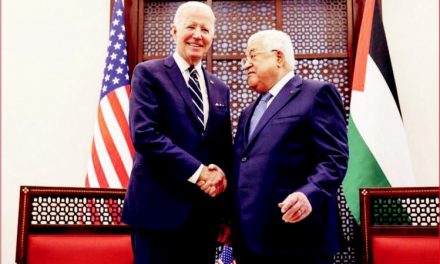
ISLAMIC VIEW ON BREASTFEEDING

As Malawi joins the international community in commemorating World Breastfeeding Week which falls on 1st
to 7th August, it has been revealed that the number of children who are breastfed in the first few months has
gone down in the country.
The number has decreased from 71 percent in 2011 to 61 percent in the 2016 that is according to Demographic and
Health Survey (DHS) which was conducted. Among the reasons why most women indulge in shunning away from breastfeeding their children is because they are working-class mothers. They leave their babies at home with nannies, which means they do not breast-feed their babies, and it is also becoming fashionable these days for mothers to give babies substitutes other than breast milk.
A recent report released by the United Nations International Children’s Emergency Fund (UNICEF) says breastfeeding gives every child the healthiest start to life and the best source of nutrition.
Since the advent of new technologies, mothers are less breastfeeding their children and opting for formula-bottle
feeding. The physical negative effect of depriving babies of breastfeeding and opt for bottle feeding is that formula-fed infants tend to get illness that last beyond baby’s breast-feeding stage because bottle fed milk has no natural
protective chemicals or antibodies. So, the perpetual illness of children at this stage affects the mental development
of the child.
Since the formula milk has no antibodies, scientists say chances of a child to develop certain childhood cancer may be high because antibodies give the baby immune system a boost.Furthermore, babies who are fed formula based on cow’s milk or soy tend to have more allergic reactions than breast fed babies.
The scientific studies have shown that this modern technology of formula feed has some psychological effects
of babies like poor self-regulation, abnormal reflexes and also obtain lesser scores on the orientation and
motor scales on Braselton Neonatal Behavioral Assessment Scale.
As such Islam gives a woman an obligation of breastfeeding her child for up to two complete years not bottle or
formula feeding. The Qur’an states:
‘The mothers shall give suck to their children for two whole years, that is for parents who desire to complete the
term of suckling but the father of the child shall bear cost of the mother’s food and clothing on a reasonable
basis. No mother shall be treated unfairly on account of her child, or father on account of his child. If they both
decide on weaning by mutual consent and after due consultation there is no sin on them’ (Qur’an 2:233).
Therefore, Islam strongly recommends breastfeeding but also recognizes that for various reasons, parents may be unable or unwilling to complete the recommended two years. The decision about breastfeeding and the time of weaning is expected to be a mutual decision by both parents, in consideration of what is best for their family.
In conclusion, Islam recognizes the importance of breastfeeding to the growth and development of a child, and the special bond that develops between a nursing woman and a baby. As such a woman may not forsake this important
obligation unless she has an Islamic acceptable excuse, such as a genuine medical problem. Women who deny
their children their nursing rights are liable to punishment in the grave and in the Hereafter.































